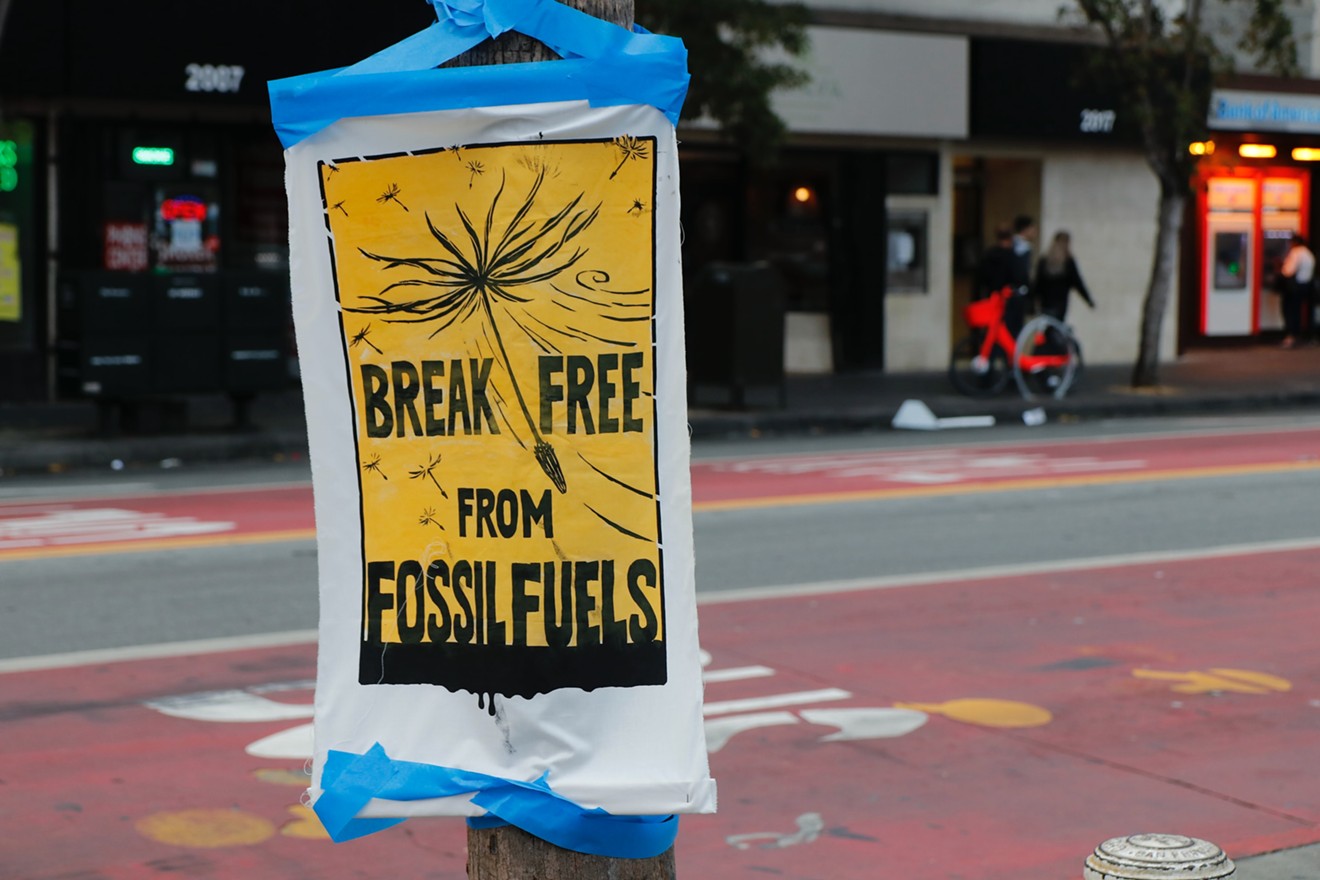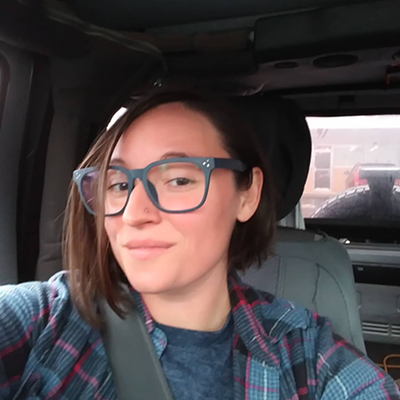The Texas Legislature passed a bill last year that stops several large state-controlled pension funds from doing business with any company that boycotts fossil fuels, and the idea is now spreading to Oklahoma, West Virginia, Indiana and Louisiana.
The copycat bill in Oklahoma is called the Energy Discrimination Elimination Act and was passed into law last month. It does many of the same things as the Texas bill and limits the state funds’ ability to invest in companies that prioritize other means of energy besides fossil fuels.
Both have their beginnings in draft legislation originally submitted to the American Legislative Exchange Council, a group otherwise known as ALEC.
On its website, ALEC describes itself as “America’s largest nonpartisan organization of state legislators dedicated to the principles of limited government, free markets, and federalism,” and promotes itself to be a “forum for stakeholders to exchange ideas.”
ALEC provides a place where members can submit ideas for laws as draft legislation, which can then be picked up by other legislators across the country and used as models for their own bills.
The group portrays itself as nonpartisan, but Truthout, a progressive nonprofit news organization, calls the group a right-wing, pay-to-play organization that “brings together corporate lobbyists and mostly Republican state lawmakers to author model legislation.”
ALEC Exposed, an online watchdog, calls the group a “corporate-funded” way for global corporations and state politicians to rewrite laws in ways that often directly benefit huge corporations.
But according to ALEC, they are misunderstood in the media and do not “push” legislation. They also say their role in the energy discrimination act has garnered particularly unfair mentions in the press.
Joe Trotter, the director of ALEC’s Energy, Environment and Agriculture Task Force, was adamant that they were not the architects of the bill, but that it was brought to the organization by an unnamed Texas legislator.
“We really are just sort of a forum for discussing these particular ideas,” Trotter said. “It’s my understanding that legislators and other states picked it up and have been introducing it, but we haven’t been involved at all.”
ALEC maintains that it is simply a forum for legislators to submit and discuss ideas, but the organization has been linked to companies with interests in the fossil fuel industry, including the Koch brothers and Chevron.
So far, the Texas bill has been slow to see traction, though companies such as JPMorgan Chase told Texas they do not boycott fossil fuel industries in order to maintain their Texas business ties.
Trotter, who majored in the Science of Earth Systems at Cornell University, said that the Energy, Environment, and Agriculture Task Force is not just about fossil fuels, but that wind, solar, hydro, and electric power sources are all a part of their conversation as well.
“I know in the past we’ve brought up wind, we’ve brought up solar. There have been model resolutions about hydrogen,” Trotter said. “There was a resolution supporting the preservation of the existing nuclear fleet, energy market access, electric vehicle charging stations — you name it, we’ve probably done something on it.”
Trotter is not sure about any negative effects that might come if other states pass laws similar to Texas'.
“One of the interesting things about our country is with 50 states, it is a laboratory of democracy,” Trotter said. “What the effects, intended or unintended are going to be, I can’t speculate on it. We’re just going to have to wait and see.”
[
{
"name": "Air - MediumRectangle - Inline Content - Mobile Display Size",
"component": "18855504",
"insertPoint": "2",
"requiredCountToDisplay": "2"
},{
"name": "Editor Picks",
"component": "17105533",
"insertPoint": "4",
"requiredCountToDisplay": "1"
},{
"name": "Inline Links",
"component": "18349797",
"insertPoint": "8th",
"startingPoint": 8,
"requiredCountToDisplay": "7",
"maxInsertions": 25
},{
"name": "Air - MediumRectangle - Combo - Inline Content",
"component": "17105532",
"insertPoint": "8th",
"startingPoint": 8,
"requiredCountToDisplay": "7",
"maxInsertions": 25
},{
"name": "Inline Links",
"component": "18349797",
"insertPoint": "8th",
"startingPoint": 12,
"requiredCountToDisplay": "11",
"maxInsertions": 25
},{
"name": "Air - Leaderboard Tower - Combo - Inline Content",
"component": "17105535",
"insertPoint": "8th",
"startingPoint": 12,
"requiredCountToDisplay": "11",
"maxInsertions": 25
}
]












